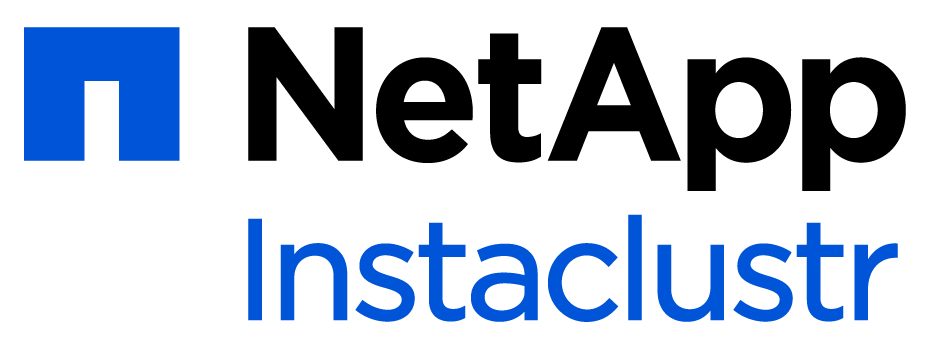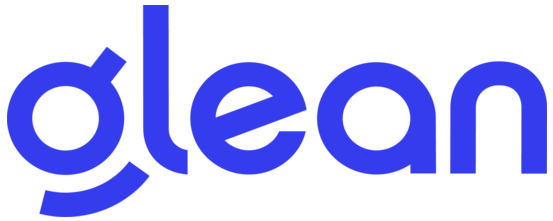Mirantis Lens Pro Looks to Simplify Kubernetes, Boost Developer Productivity
Mirantis continues to make it easier for enterprise developers to work with Kubernetes. The company is rolling out updates to its Lens Kubernetes platform offerings, and sharing a vision for the future.

Mirantis continues to make it easier for enterprise developers to work with Kubernetes. The company is rolling out updates to its Lens Kubernetes platform offerings and sharing a vision for the future.
Mirantis is bringing features to Lens Pro to make it easy for enterprise developers to work with Kubernetes.
By eliminating Kubernetes complexity, Lens empowers users to easily manage, develop, debug, monitor, and troubleshoot their workloads across multiple clusters in real-time and supports any certified Kubernetes distribution on any infrastructure.
Lens Desktop also sports an intuitive graphical user interface and works with Linux, macOS, and Windows operating systems. Notably, Lens Desktop Kubernetes is a local Kubernetes cluster built-in directly to Lens Desktop, which provides users their own personal Kubernetes cluster running right on the desktop.
Lens Pro’s professional features include a built-in local Kubernetes cluster, easy setup for container image scanning and vulnerability reporting, and even on-demand live support. Moreover, it promotes a more intuitive developer experience and simplifies the inner development loop – the iterative process developers go through when they write, build, and debug code.
“Kubernetes has quickly become the de facto operating system for the cloud, but developers are still struggling to deal with its complexity – and that slows development of critical applications,” said Miska Kaipiainen, vice president of product engineering, Mirantis. “Lens provides developers and DevOps practitioners with a single platform to develop and operate their workloads and environments.”
“Lens users report saving eight hours per week on average,” said Adrian Ionel, Mirantis CEO and co-founder. “They can now use this time to innovate for their users and businesses.”
Besides the on-demand support, the Lens Desktop Kube feature can be used to spin up a local Kubernetes development environment with the click of a button. The development environment is powered by a virtual machine built into the Lens desktop application, providing developers with a fully-integrated solution for Kubernetes development of cloud-native applications.
In addition, a new Lens Container Security feature set delivers capabilities that improve the developer’s ability to uncover flaws earlier in the development cycle – during local development – saving time and money, and helping to prevent potentially devastating issues later.
With this feature, developers can see Common Vulnerabilities and Exposures (CVE) reporting directly in their local development environment in the correct context across any platform or architecture, according to the company. This will enable developers to easily visualize and remediate vulnerabilities across their development environment through one tool.
The feature is not designed to replace centralized container image scanning and reporting tools but to expand and integrate their capabilities for surfacing this information to developers within their inner development workflow.
In a blog post this summer, Kaipiainen also shared a glimpse into the future of Len.
We want to make Lens the IDE for cloud native application development and operations —not just for Kubernetes. Here are the main initiatives we want to focus on in the coming months and years.
Lens for web browsers — Enable new use cases for people preferring the Lens experience via web browsers. Even tablets and mobile phones!
Take Lens beyond Kubernetes — Start from technologies & use cases that are closest to Kubernetes and expand from there. Think of containers, out-of-the-box integration with public cloud providers and other vendors in the cloud native ecosystem, GitOps, CI/CD systems…
Make it easy for Lens users to create value for each other — Let people to easily share and/or sell their extensions, templates & assets, know-how and services.
Mirantis also announced a new Lens subscription model with two tiers:
Lens Personal subscriptions are for personal use, education, and startups (less than $10 million in annual revenue or funding). They are free of charge.
Lens Pro subscriptions are required for professional use in larger businesses. The pricing is $19.90 per user / month or $199 per user / year. You may purchase a Lens Pro subscription directly from here, or share this post and our solution brief with your manager.
There are no changes to OpenLens licensing or any other upstream open source projects used by Lens Desktop.







